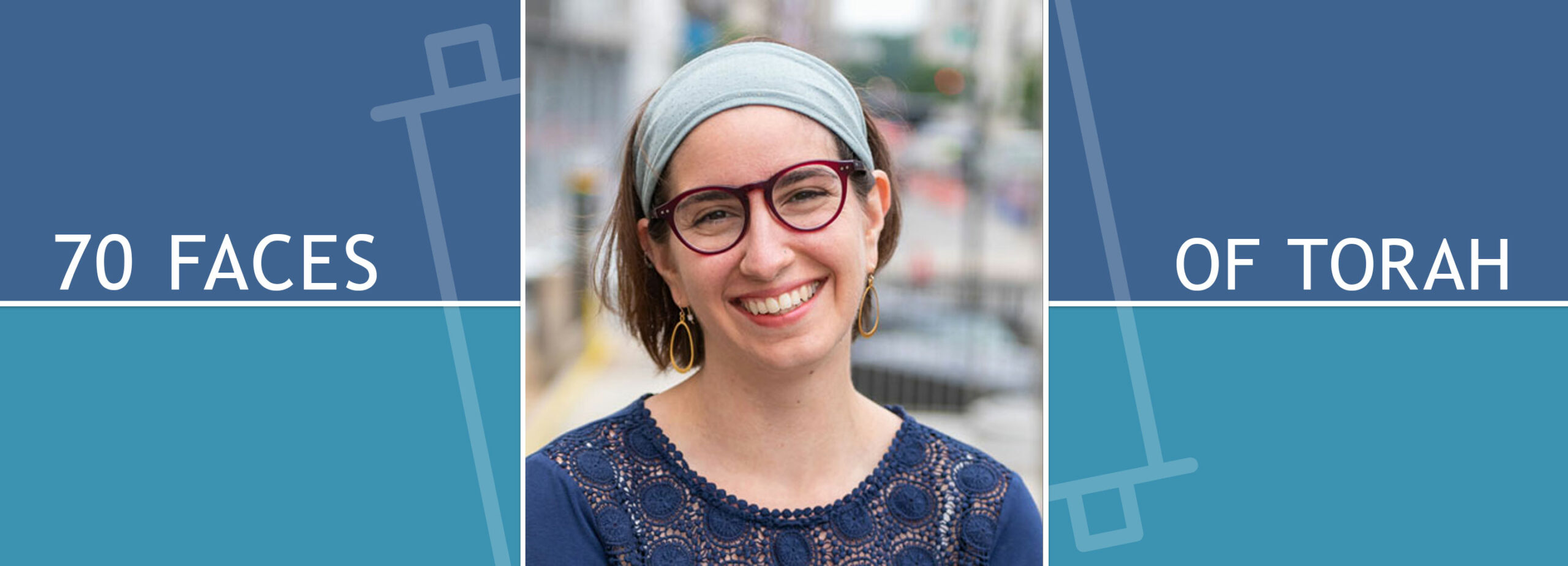Exodus The Portable God Box

Parshat Vayakhel-Pekudei (Exodus 35:1-40:38)
I’m hesitant to admit it, but I didn’t grow up camping. I’d like for others to imagine me as someone who could hack it wandering around the woods for a few days, but in fact, I’m, quite inept when it comes to setting up tents—or really, constructing anything. There’s something about all of the bending, interlocking rods, those “easy-to-understand” pictorial directions with arrows pointing here and there—my brain goes into shut-down mode. I recently tried to “assemble” a vacuum cleaner only to give up an hour later having failed to attach the vacuum head to the vacuum itself. Thank God for my wife.
Perhaps for similar reasons, my brain also shuts down when I start reading the lengthy descriptions of the construction and contents of the mishkan, the holy tabernacle that is to house God’s presence in the wilderness. And this week’s double parasha, Vayakhel-Pekudei, provides double action-packed description of just what goes into making this holy meeting place for God.
The parasha opens with an accounting of the extreme generosity of the Israelites, so quick to donate their belongings toward this massive group project, and then details the measurements and materials required for all of its various accoutrements. There are the strips of cloth that make up the tent, and the planks and the sockets and the rings that somehow lock together to make the structure itself. There are walls and screens and curtains, and of course, there is the ark itself, with its acacia wood and gold overlay, and smartly placed poles for easy carrying. And then there’s everything else to be used in the mishkan: tables, utensils, the menorah, and the altar. On first read, an overwhelming amount of materials and measurements go into this construction project.
But is it really so overwhelming? Remember that all of this needs to be portable. It needs to be something that the Israelites can pack and unpack, erecting in each new location to allow God’s presence to dwell near. If you can get past all of the measurements in the first parasha, Vayahkel, Pekudei actually gives us step-by-step assembly directions.
Set up your planks and sockets, insert your bars, erect the posts. Spread the tent and its covering. Place the Torah into the ark, fix the poles to the ark, and cover it. I can imagine Moses unpacking all the contents of his portable carrying case, and step-by-step, building this structure. Sure, it involves elbow grease, a lost socket here and there, and probably some sweat, but at the end of the day, a couple of hours of hard labor led to the creation of a portable God box. Carry around these objects, follow this formula, and poof, you’ve got a place for God’s presence.
I wonder what a modern-day, portable, individual God box might be like. Certainly it would be something you could purchase from your local high-end outdoor store of choice. It would be made of the lightest weight, most collapsible, waterproof materials, so that you could carry it on your back or fit it in your pocket. But what would it actually contain? What would go in your portable God box, and how would your personal mishkan be different than mine? Which objects would you carry with you all the time so that at a moment’s notice, you could create a holy space within which you could encounter God? Could I create a traveling God box, my own portable mishkan, that even I would be able to construct?
I love the idea of carrying a kind of mishkan on our backs. As someone who backpacked around New Zealand for a year, packing and unpacking each shirt, each sock, each can of tuna fish wherever I went, the things I carried with me developed their own kind of holiness; they were my portable home, my source of comfort, clothing, and sustenance. Each item was specially chosen, surviving rounds and rounds of culling in which other objects were left behind.
But when I try to think about what would go into my traveling God box—into my backpack that I carry with me all of the time—that would allow me to draw near to God at a moment’s notice, I get stuck. Is it a siddur (a prayerbook)? A leaf? A particular song? Is it a box of silence or a word, or a photo of my son?
I don’t know yet. But I feel driven to figure it out. What should I carry with me, or inside of me, wherever I go, to help me encounter God? I invite you to consider the same question: What belongs in your God box? What will you carry with you, or inside of you, in the wilderness of your life, that will help you draw close to God? What do you already carry that helps you experience God’s presence?
Rabbi Avi Strausberg is the Director of Congregational Learning at the Temple of Aaron in St. Paul, Minnesota and the creator of the Daf Yomi haiku blog inhaiku.wordpress.com. She was ordained at the Hebrew College Rabbinical School.

